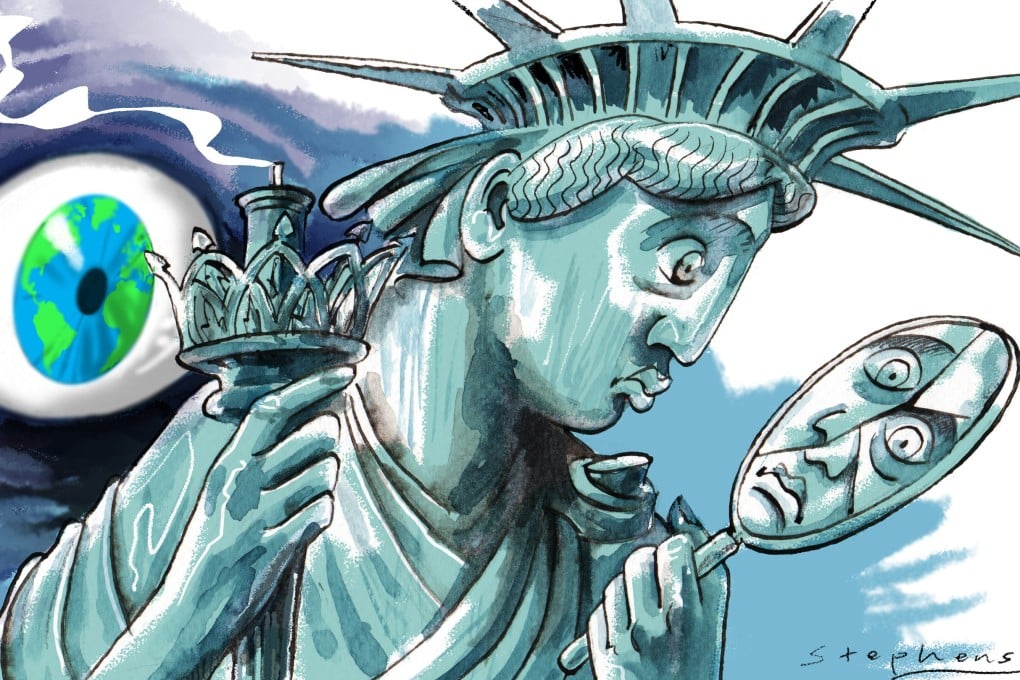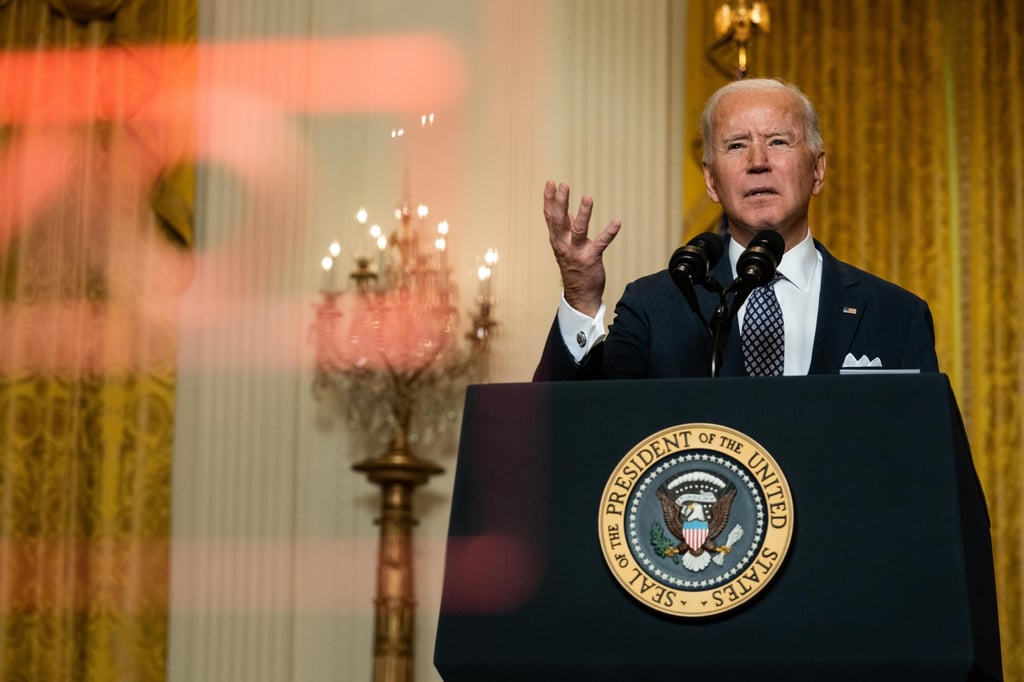Opinion | US in decline: why Joe Biden will struggle to return America to its golden age
- America’s decline has happened over a longer period than just Trump’s four-year term, and it will take far longer to reverse it
- The country seems to be facing a profound identity crisis and an ideological divide more bitter and irreconcilable than ever in recent memory

When I first arrived in the US from China in 1949, America’s strengths were undoubted. The nation had just emerged victorious over both Germany and Japan in World War II. While most nations engaged in the war were struggling to rebuild their infrastructure and economies, the US emerged largely unscathed and more economically and militarily powerful than ever.
America’s leadership and democratic institutions were likewise strong. Even after the unexpected death of president Franklin D. Roosevelt in April 1945, vice-president Harry Truman smoothly transitioned into the White House and guided the US through the end of the war.

I believe that was the golden age of America. Of course, there was still domestic trouble in the US at the time. Republicans and Democrats fought partisan battles and levied accusations about communist conspirators. Racial discrimination and segregation still pervaded.
